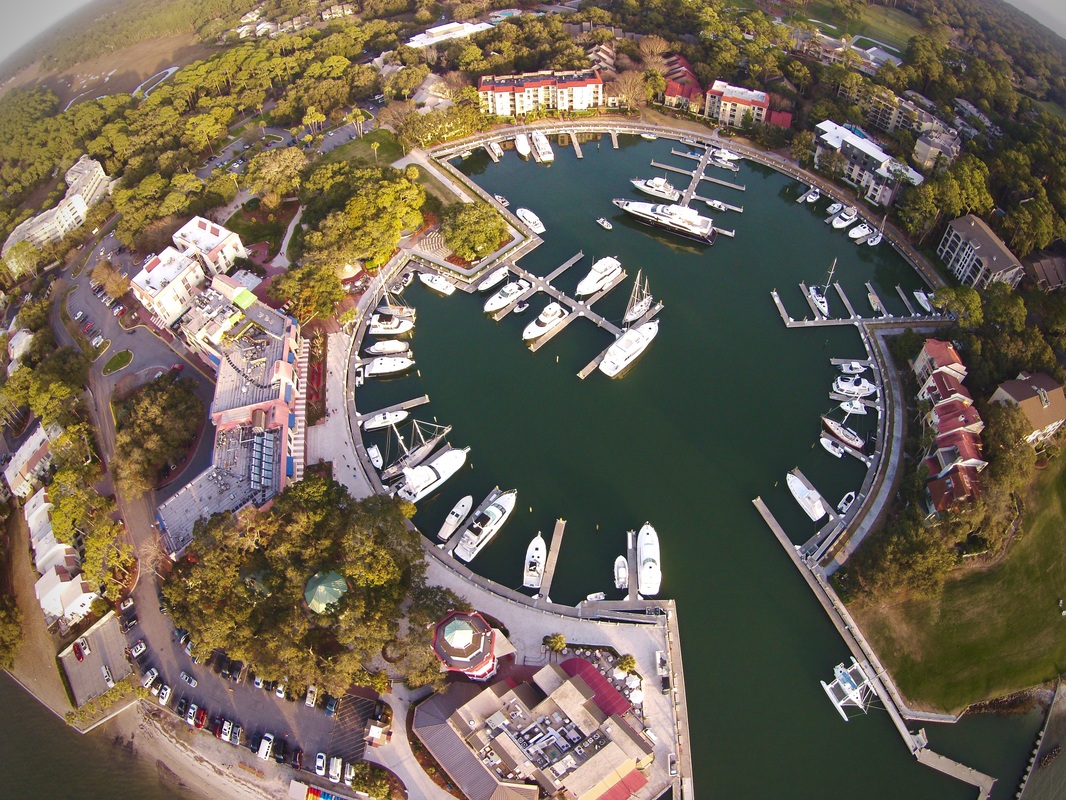Your Home, Your Privacy, Your Insurance and Drones. |
Federal Regulations | Tips for Safe Drone Use |
| Even drones that are used only for recreation are legally considered aircraft, and must be registered with the Federal Aviation Administration (FAA). Here are the basic guidelines for registering recreational drones:
If you’re concerned with a drone that’s operating in your area, call your local police department. | You could be financially responsible for any damage a drone causes to a person or property. Here are some basic tips to safely operate a drone:
|
Drones & Privacy
Researchers have shown that drones equipped with smartphones can access data from an insecure computer network and other electronic devices. Since drones can access areas that a normal person couldn’t, such as a second story window or a fenced-in backyard, they could potentially access your family’s private information and violate your privacy.
Though most homeowners policies cover damage caused by aircraft, others may exclude this coverage option. Contact us to check your home’s coverage, and for more drone safety information.
Comments are closed.
TWFG CALIFORNIA
Categories
All
Auto Insurance
Commercial Insurance
Coverages
Home Insurance
Life Insurance
Meet The Team
Safety Tips
Umbrella
Welcome to the TWFG California Blog. Find out more about our services, our team and monthly updates on insurance tips and news that you should know.
Proudly powered by Weebly


 RSS Feed
RSS Feed